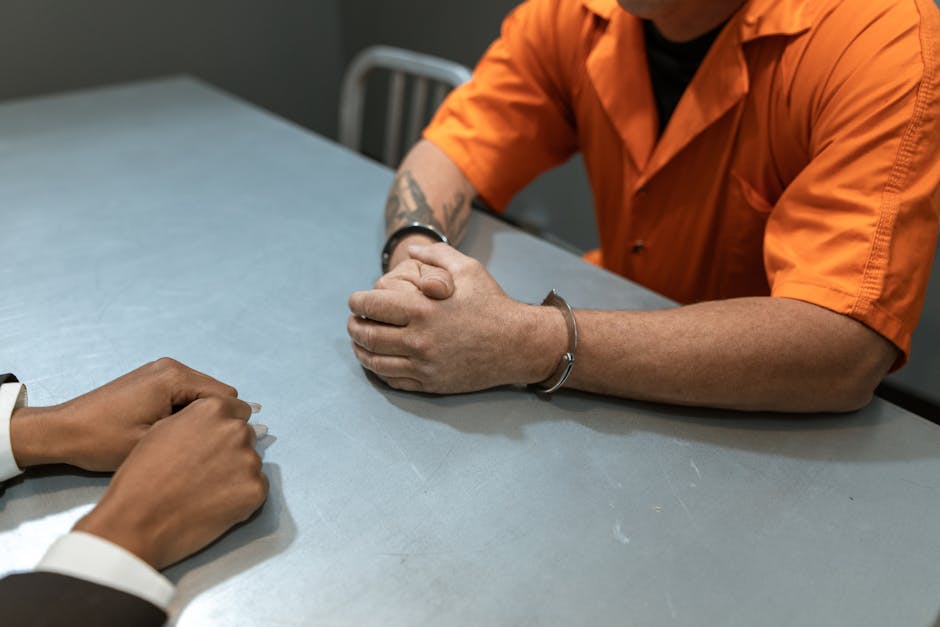The pursuit of justice, a cornerstone of any functioning society, inevitably navigates complex ethical terrain within the criminal justice system. This intricate web of principles, values, and obligations demands careful consideration to ensure fairness, equity, and the protection of fundamental human rights. A nuanced understanding of these ethical dilemmas is crucial for both practitioners and the public alike.
A critical component of ethical criminal justice is the inherent tension between the state’s responsibility to maintain order and uphold the law, and the individual’s right to due process and a fair trial. This balance is not static; it shifts and adapts with societal evolution and emerging challenges. The fundamental ethical principle of upholding the rule of law must be interwoven with respect for individual rights. This necessitates a constant examination and recalibration of procedures and practices to ensure that the pursuit of justice does not compromise the very rights it seeks to protect.
Among the myriad ethical considerations, the issue of bias and prejudice looms large. Implicit biases, conscious or unconscious, can permeate every stage of the criminal justice process, from initial policing interactions to sentencing decisions. These biases can manifest in profiling practices, discriminatory arrests, and unequal application of sentencing guidelines. Addressing this pervasive issue requires a multifaceted approach, including unconscious bias training for all involved in the system, diversified workforce recruitment, and transparent data analysis to identify and mitigate potential biases in outcomes. Moreover, effective measures for accountability and redress are vital to correct past injustices.
Another significant ethical concern revolves around the use of technology and surveillance in law enforcement. While technological advancements can aid investigations and enhance safety, their deployment raises critical ethical questions about privacy violations, potential misuse, and the erosion of individual liberties. The collection and storage of vast quantities of data, coupled with the increasing reliance on predictive policing tools, necessitates strict regulations and oversight to prevent abuses and ensure responsible use. Transparency in data collection practices and robust oversight mechanisms are essential to prevent the potential for unchecked surveillance.
Further complicating the landscape is the ethical dilemma of discretion. Law enforcement officials, prosecutors, and judges often face situations demanding discretion in decision-making. This discretion, though necessary, presents a significant ethical challenge. The lack of consistent standards can lead to unequal application of the law and perpetuate disparities in outcomes. Clear guidelines, ethical codes, and robust training are essential to ensure that discretion is exercised responsibly and in accordance with established principles of fairness and equality. Furthermore, the potential for corruption or undue influence on the application of discretion necessitates stringent measures for accountability and transparency.
The handling of vulnerable populations, including juveniles, mentally ill individuals, and victims of crime, demands careful consideration of ethical obligations. Specialized courts and programs designed to address the unique needs of these individuals must be implemented with respect for their rights and dignity. The inherent power imbalance between the state and vulnerable individuals necessitates ethical sensitivity and an understanding of the potential for coercion or undue influence. Ensuring their rights to adequate representation and appropriate support services is paramount to upholding the principle of fairness in the legal system.
The rights of the accused are intrinsically linked to ethical considerations. The principle of presumed innocence until proven guilty is a cornerstone of justice systems. Ethical conduct requires zealous advocacy for the accused, ensuring that all evidence is thoroughly examined and that due process is followed meticulously. The defense attorney’s role is not merely to contest the prosecution’s case; it is to ensure the integrity of the legal system as a whole. Ethical standards and professional codes must be strictly adhered to, to avoid potential conflicts of interest and maintain unwavering commitment to the principles of fairness and justice.
The role of media and public perception in the criminal justice process is another vital facet to consider. Sensationalized reporting can influence public opinion, potentially jeopardizing the fair trial rights of the accused. Ethical journalism necessitates responsible reporting and accurate representation of events, avoiding biased or misleading narratives that could undermine the integrity of judicial proceedings. In addition, the rights of victims must also be considered in a balanced perspective. Their voices and needs must be respected and addressed without compromising the rights of the accused.
In conclusion, the ethical considerations inherent in the criminal justice system are multifaceted and deeply intertwined. From addressing bias and prejudice to safeguarding privacy in the digital age, from ensuring ethical use of discretion to protecting vulnerable populations, the system must grapple with complex dilemmas. Continuous dialogue, rigorous ethical training, and unwavering commitment to fundamental rights are essential to navigating this complex terrain. By upholding these principles, the criminal justice system can strive towards a more just, equitable, and effective model of upholding the law and protecting society. Further, ongoing evaluation and adaptation to societal changes are indispensable to ensuring the ethical robustness of the system.
